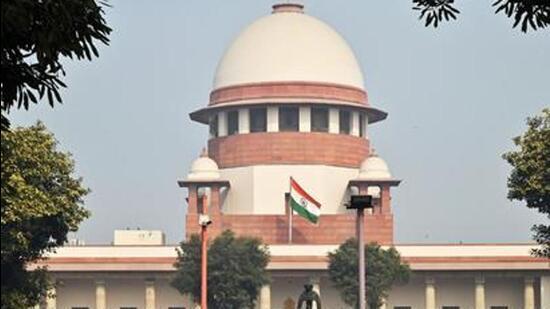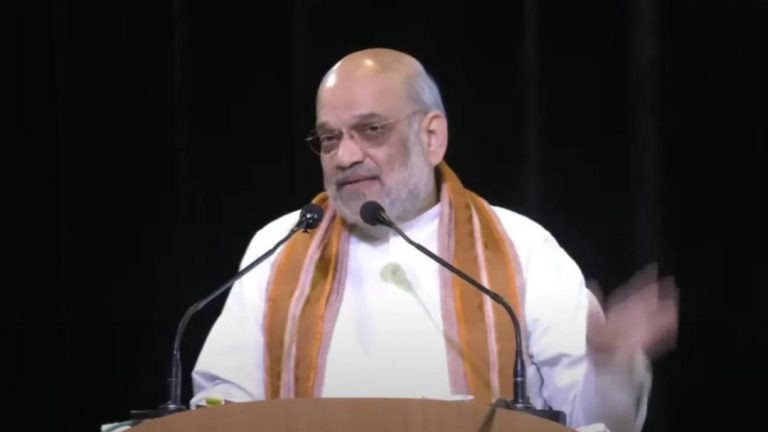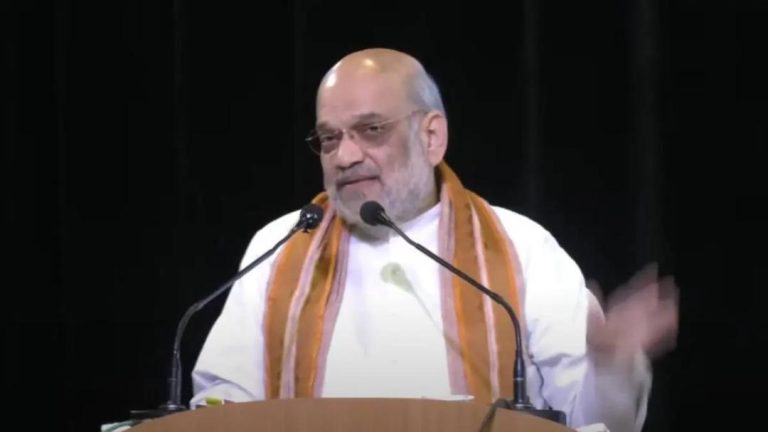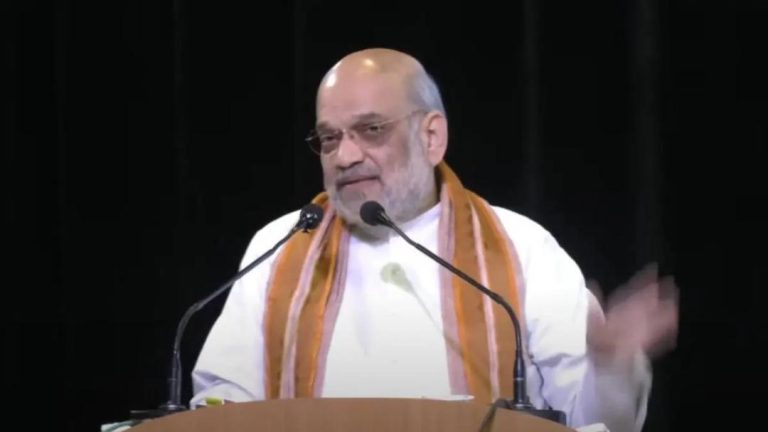
Calling someone ‘Miyan-Tiyan’ & ‘Pakistani’ not an offence: Supreme Court
The Supreme Court of India has made a significant ruling in a recent case, stating that calling someone “Miyan-Tiyan” and “Pakistani” is in poor taste but does not constitute an offence. This landmark judgment has sparked a mixed reaction among the public, with some welcoming the decision and others expressing disappointment.
The case in question involved an 80-year-old man who was accused of hurling abuses at an Urdu translator in Jharkhand. The accused, an 80-year-old man, was alleged to have used derogatory language against the translator, calling him “Miyan-Tiyan” and “Pakistani”. The translator, feeling offended, filed a complaint against the old man, leading to a legal battle that eventually reached the Supreme Court.
In its verdict, the Supreme Court ruled that the remarks made by the accused did not amount to hurting the religious sentiments of the translator. The Court stated that while the language used was in poor taste, it did not meet the threshold of being a criminal offence. The case was thus closed, and the accused was acquitted.
The Supreme Court’s ruling has sparked a debate about the limits of free speech in India. Some have argued that the Court’s decision sets a dangerous precedent, allowing people to use derogatory language with impunity. Others have praised the Court for recognizing the importance of preserving freedom of expression, even in the face of offending language.
The use of the terms “Miyan-Tiyan” and “Pakistani” is a complex issue that is deeply rooted in Indian society. While these terms can be used as a term of endearment or respect, they can also be used as a form of derogation or ridicule. The Supreme Court’s ruling has acknowledged the complexity of this issue, recognizing that while the language used in the case was offensive, it did not meet the threshold of being a criminal offence.
The case highlights the challenges of navigating the complex relationships between language, culture, and identity in India. The use of language can be a highly charged and emotive issue, with different words and phrases carrying different meanings and connotations in different contexts. The Supreme Court’s ruling has acknowledged the importance of considering the context in which language is used, recognizing that words and phrases can have different meanings and consequences depending on the situation.
The Supreme Court’s decision has also sparked a debate about the role of the judiciary in regulating language and speech. Some have argued that the Court should be more proactive in regulating language and speech, setting clear boundaries and standards for what constitutes acceptable and unacceptable language. Others have argued that the Court should not be involved in regulating language and speech, instead leaving it to other institutions and authorities to address issues of language and identity.
In conclusion, the Supreme Court’s ruling on the use of the terms “Miyan-Tiyan” and “Pakistani” has sparked a complex and nuanced debate about the limits of free speech in India. While some have criticized the Court’s decision, others have praised it for recognizing the importance of preserving freedom of expression, even in the face of offending language. The case highlights the challenges of navigating the complex relationships between language, culture, and identity in India, and the importance of considering the context in which language is used.





